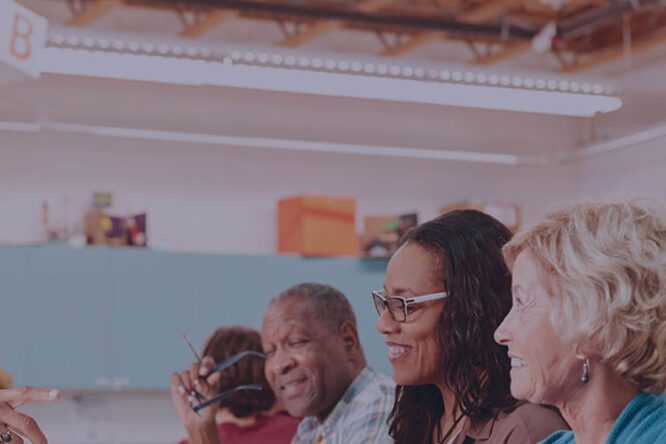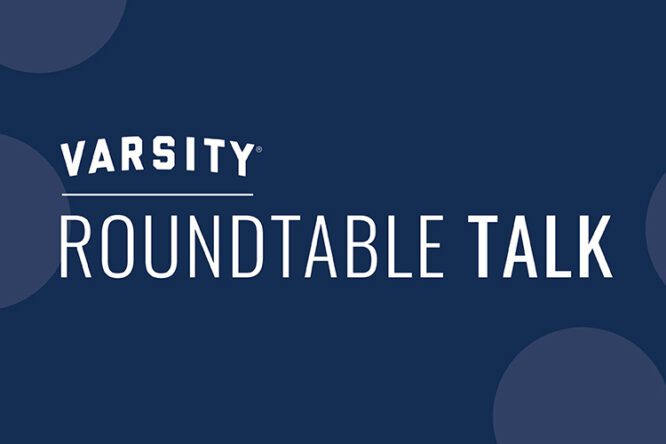Dr. Louise Aronson is a nationally recognized geriatrician, educator, and the bestselling author of Elderhood. As a professor of medicine at UCSF and a leading voice in aging and eldercare, Dr. Aronson challenges cultural and medical assumptions about growing older and advocates for a more nuanced, inclusive view of elderhood.
Recently on Varsity’s podcast, Roundtable Talk, host Derek Dunham and Dr. Aronson discussed why aging should be seen as a diverse, decades-long life stage. She highlighted the impact of ageism in healthcare, the value of intergenerational programs, and the need for better training and broader reforms to help older adults live fully.
The following are some fresh perspectives from the conversation. Check out the full episode here.
WHAT INSPIRED YOU TO WRITE ELDERHOOD?
I wrote it in my 50s. I had had a good couple plus decades of career of seeing all the things that happened to older people, you know, for better and worse. I had aging parents. I had reached the stage of life where it occurred to me that this was going to happen to me as well. I didn’t see anything out there that quite had the empathy or the breadth I was going for. Then I came up with this notion of elderhood as a sort of equivalence to childhood and adulthood. And I thought that was a reframe that might be helpful for us both as individuals and as a society.
WHAT ARE SOME OF THE MOST DAMAGING CULTURAL NARRATIVES ABOUT AGING THAT YOU WISH YOU COULD REWRITE?
That old people don’t count or that we’re all the same after age 65. There’s some sort of primal fear that we’re not dealing with. I think when we equate old age with frailty and when we say being frail is inherently bad, we harm anyone who’s frail at any age. The people I know who live best in old age and die best in old age are ones who recognize their changes, adapt to those changes, and learn how to thrive within them.
WHAT DOES A MORE EMPOWERING AND INCLUSIVE VISION OF ELDERHOOD LOOK LIKE TO YOU?
It looks like an acknowledgement that it’s a many decades long, highly varied phase of life. I also think we need to empower people to embrace the difference instead of apologizing for the difference. It’s the only stage of life where people apologize all the time for existing, for not being able to do things.
WHAT ARE COMMON EXAMPLES OF AGEISM IN MEDICAL PRACTICE?
There’s people talking, using elder speak. Things like, “Oh dear. Let me help you with that, sweetheart,” which is just shocking and insulting and condescending. And then when the person doesn’t do well, they say they failed the treatment or they couldn’t tolerate the treatment. Perhaps the most frequent one is either saying, “We’re not going to give you this because you’re 84,” or giving something dangerous to someone too frail to handle it.



